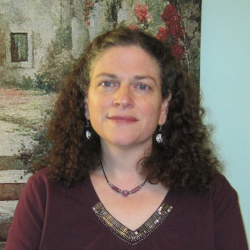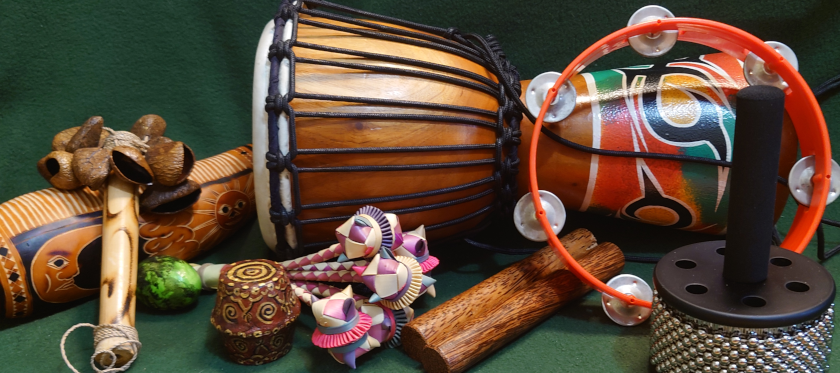Music Therapy
Music and sound provide powerful therapeutic modalities to transform lives. As a Licensed, Board-Certified Neurologic Music Therapist®, I have specialized training and experience to help clients address a variety of health care and educational goals.
Neurologic Music Therapy® techniques can help you:
- Regain physical, speech, and cognitive function following a brain or spinal cord injury
- Maintain recovery from substance use disorder
- Improve communication
- Enhance focus and concentration
- Improve executive function
- Support memory
- Express feelings
- Stimulate creativity and self-expression
- Reduce Anxiety
- Manage Stress
- Alleviate Pain
- Support Wellness
Why "Different Drum"?
"You and I travel to the beat of a different drum," according to a hit 60's song written by Mike Nesmith of The Monkees, and made famous by The Stone Poneys, featuring Linda Ronstadt. This lyric recalls an earlier quote from Henry David Thoreau's book, Walden: "If a man does not keep pace with his companions, perhaps it is because he hears a different drummer. Let him step to the music which he hears, however measured or far away." In other words, rather than enforcing strict conformity to an arbitrary norm, I believe in helping clients identify and express their unique selves through the power of music.








